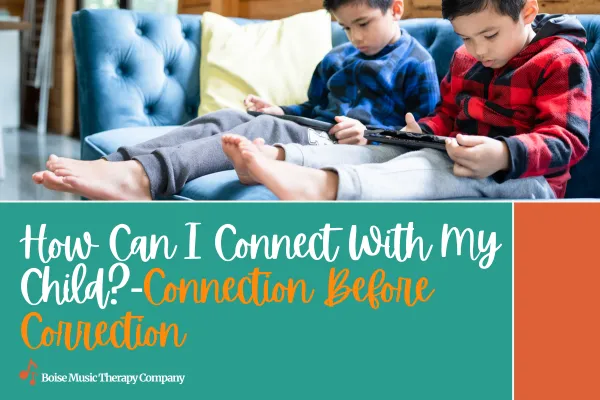
Empowering Your Kids: Teaching Them to Be Advocates for Themselves

As parents, one of our most important responsibilities is to equip our children with the skills and confidence they need to navigate the world successfully. One crucial skill that often gets overlooked is self-advocacy. Teaching your kids how to stand up for themselves, express their needs, and assert their rights is an invaluable life lesson that will serve them well in various aspects of their lives. Here are 10 strategies you can use to teach your children how to advocate for themselves.
1. Encourage Open Communication:
Create an environment at home where your kids feel comfortable expressing their thoughts, feelings, and concerns. Encourage them to share their experiences, even the negative ones, without fear of judgment. When they know they can talk to you openly, they'll be more likely to communicate their needs to others as well.
2. Teach Problem-Solving Skills:
Help your kids develop problem-solving skills by discussing various scenarios and brainstorming possible solutions together. This not only fosters their critical thinking abilities but also empowers them to take a proactive approach when facing challenges. Ask open-ended questions like, "What do you think you could do in this situation?" or "How might you handle this differently next time?"
3. Model Self-Advocacy:
Children learn by observing their parents, so it's important to model self-advocacy in your own life. Let them see you standing up for your rights and expressing your needs assertively. Explain your thought process when making decisions, negotiating, or dealing with conflicts. This firsthand experience will give them a practical understanding of how to advocate for themselves.
4. Develop Emotional Intelligence:
Help your kids identify and manage their emotions effectively. When they understand their feelings, they can better articulate their needs to others. Teach them healthy ways to express anger, frustration, or disappointment without resorting to aggression. This emotional intelligence will aid them in both personal and social interactions.
5. Practice Active Listening:
Teach your kids the art of active listening, which involves paying full attention to what someone else is saying. Encourage them to listen to their peers, teachers, and others genuinely. By showing respect for others' perspectives, they'll be better equipped to express their own thoughts and feelings in a respectful manner.
6. Role-Play Scenarios:
Engage in role-playing exercises where you simulate situations that might require self-advocacy. This can be as simple as ordering food at a restaurant or addressing a concern with a teacher. These practice sessions can boost your child's confidence and refine their communication skills.
7. Set Realistic Expectations:
Help your kids understand that advocating for themselves doesn't guarantee immediate results or agreement from others. Sometimes, their needs might not align with someone else's preferences. Teach them that it's okay to respectfully disagree and to remain persistent while seeking solutions.
8. Provide Constructive Feedback:
When your children do express themselves, offer constructive feedback on how they communicated their needs. Praise their efforts, even if the outcome isn't exactly as they hoped. Encourage them to reflect on their experiences and discuss what they learned from each situation.
9. Foster Resilience:
Life is full of ups and downs, and not every attempt at self-advocacy will be successful. Teach your kids to embrace failure as a learning opportunity and to bounce back from setbacks. Resilience is a key trait that will serve them well throughout their lives.
10. Celebrate Successes:
When your children successfully advocate for themselves, celebrate their achievements. Acknowledge their efforts and the positive outcomes that resulted from their actions. This positive reinforcement will reinforce their self-confidence and encourage them to continue advocating for themselves.
Empowering your kids to be advocates for themselves will teach them valuable skills. By nurturing their self-confidence, communication skills, and problem-solving abilities, you're preparing them to face the challenges of the world with resilience and grace. Remember that self-advocacy is an ongoing process, and your guidance and support will be instrumental in helping them become confident and capable individuals.
